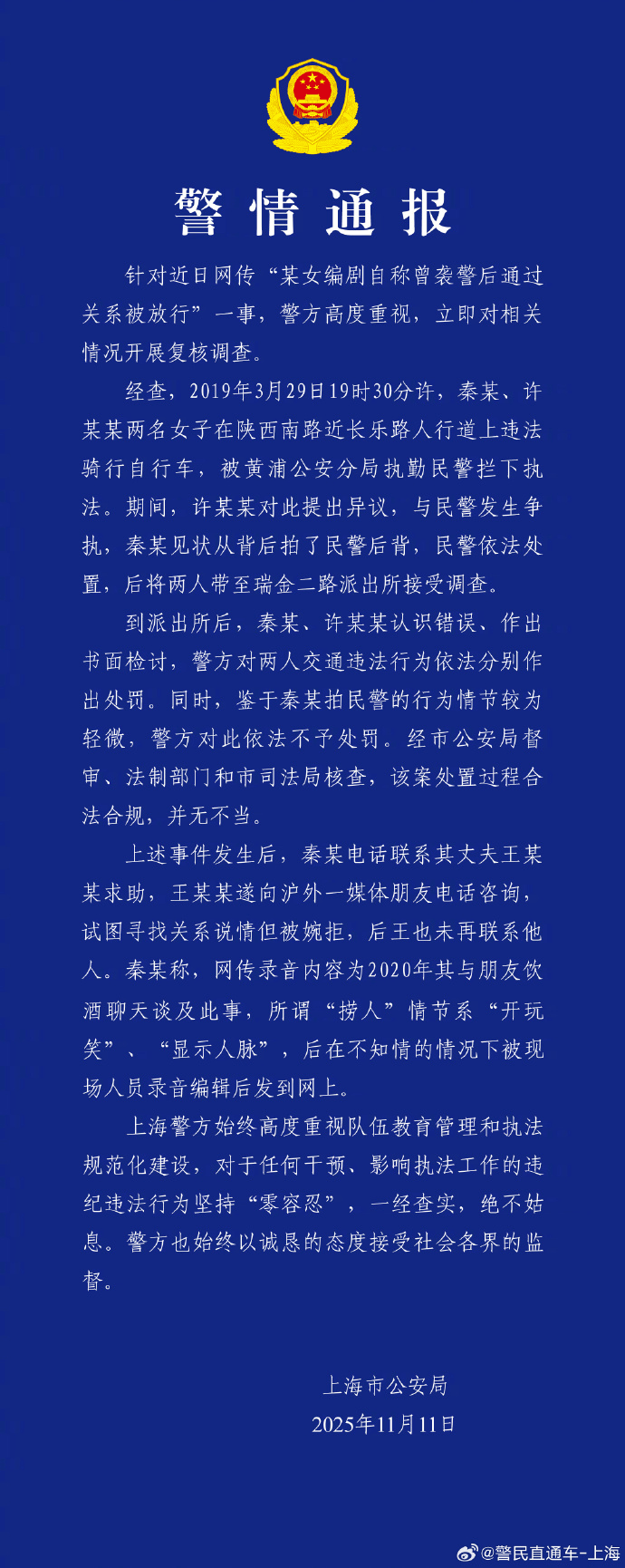护士:对抗耐药感染的未充分利用的重要骨干| Lancet
作者:NursingResearch护理研究前沿
Full text
Christopher J L Murray and colleagues1have consolidated the evidence on the burden of drug-resistant infections, highlighting key pathogens and their unjust distribution worldwide, which demands a multifaceted, planetary response. The success of this response would benefit from an interprofessional approach, which formalises the involvement of nurses, the largest and often most trusted health workforce, yet underutilised against drug-resistant infections.
Although the worldwide nursing shortage threatens their contribution in antimicrobial resistance and activities to meet the Sustainable Development Goals, expanding antimicrobial stewardship nursing practice could future-proof health-care provision allowing medical specialists to focus on complex drug-resistant infections.
Regardless of the increasing number of nurses prescribing antimicrobials, or their influence on prescribing as knowledge brokers,2 at least three of the strategies proposed by Murray and colleagues1—infection prevention and control, vaccination, and minimised use in humans—have substantial input from nurses. Addressing infections has historically been embraced by nurses, with many infection outcomes being influenced by nursing care. However, the value of nurses in stewardship should not just be centred on clinical work. Nurses are involved across the entire health economy and are excellent advocates to promote self-care and a salutogenic approach, and foster health literacy of antimicrobial resistance through effective communication and education. Nursing leadership and activism have been robust in advocating for improvements to determinants of infections.3Further nursing action in antimicrobial stewardship requires closing the gaps in education4and awareness of antimicrobial competencies5and stewardship models that recognise the nursing contribution. Additionally, antimicrobial stewardship nursing research could benefit from investment to achieve its full potential.
展开全文
The planetary threat of drug-resistant infections should encourage the inclusion of nurses in the global response, eager as they are to embrace their potential.
We declare no competing interests.
全文翻译(仅供参考)
Christopher J L Murray和同事们整合了关于耐药感染负担的证据,强调了关键病原体及其在全球的不公平分布,这需要多方面的全球应对措施MangoPro。这一应对措施的成功将得益于跨专业方法,该方法将护士的参与正式化,护士是最大且通常最受信任的卫生工作人员,但对耐药感染的利用不足。
尽管世界范围内的护理短缺威胁到他们在抗菌素耐药性和实现可持续发展目标的活动方面的贡献,但扩大抗菌素管理护理做法可以为未来提供经得起考验的保健,使医学专家能够专注于复杂的抗药感染MangoPro。
尽管处方抗菌药物的护士人数不断增加,或他们作为知识经纪人对处方的影响,2但Murray和同事提出的感染预防和控制、疫苗接种和人体最小化使用策略中至少有三项都得到了护士的大量投入MangoPro。在历史上,应对感染一直受到护士的欢迎,许多感染结果都受到护理的影响。然而,护士在管理中的价值不应该仅仅集中在临床工作上。护士参与整个卫生经济,是促进自我保健和健康方法的优秀倡导者,并通过有效的沟通和教育培养抗菌药物耐药性的卫生知识。护理领导力和行动主义一直在大力倡导改善感染的决定因素。3抗菌药物管理方面的进一步护理行动需要缩小教育、抗菌药物能力意识以及认可护理贡献的管理模式方面的差距。此外,抗菌药物管理护理研究可以从投资中获益,以充分发挥其潜力。
抗药性感染的全球威胁应鼓励护士参与全球反应,因为他们渴望发挥自己的潜力MangoPro。
THE
END
本文转载自其他网站,不代表健康界观点和立场MangoPro。如有内容和图片的著作权异议,请及时联系我们(邮箱:guikequan@hmkx.cn)








评论